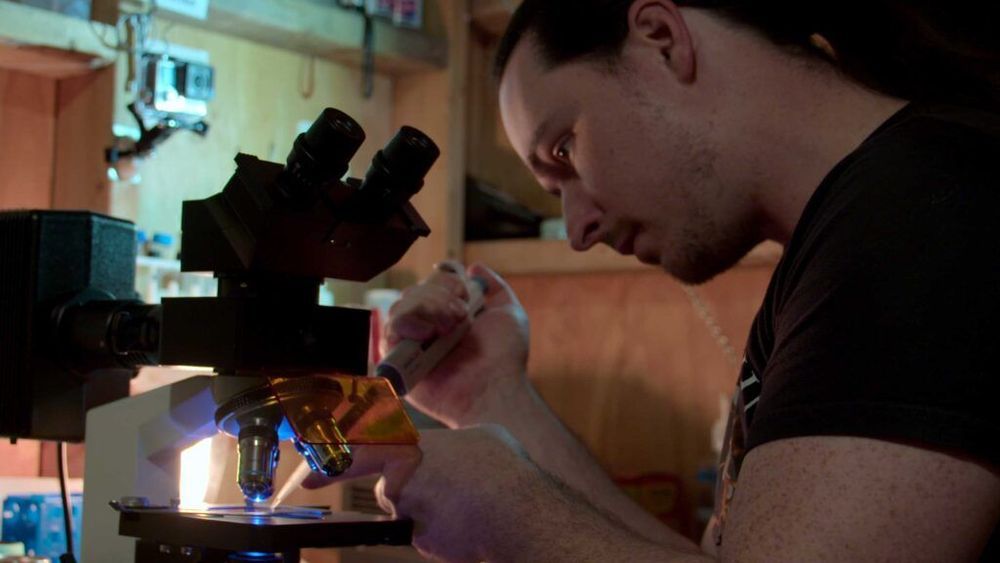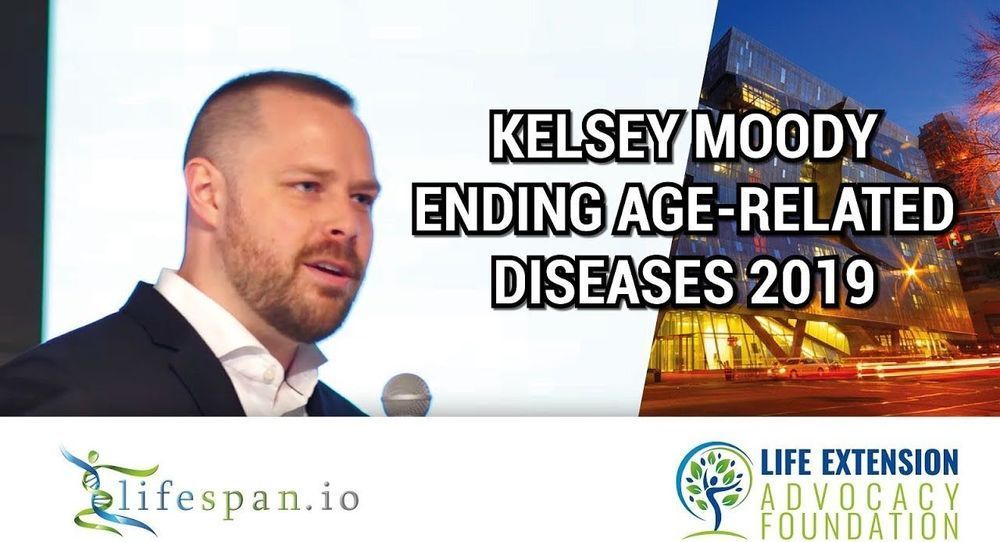Oct 19, 2019
Chains of atoms move at lightning speed inside metals
Posted by Quinn Sena in categories: particle physics, space
A phenomenon that has previously been seen when researchers simulate the properties of planet cores at extreme pressures has now also been observed in pure titanium at atmospheric pressure. Chains of atoms dash around at lightning speeds inside the solid material.
“The phenomenon we have discovered changes the way we think about mass transport in metals. It explains properties of metals that we have, until now, not been able to understand. It’s too early to say what this means in practical terms, but the more we know about how materials function in different conditions, the better possibilities we have to develop materials with new or improved properties,” says Davide Sangiovanni, researcher in the Division of Theoretical Physics at LIU and principal author of an article that has been published in Physical Review Letters.


















